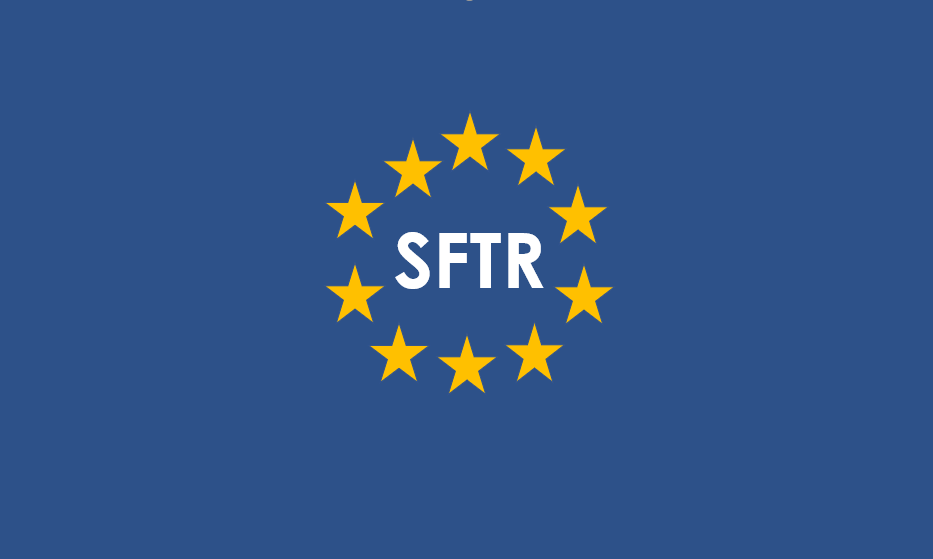SFTR Phase 1 Delayed Three Months as ESMA Responds to Industry Requests
The capacity of financial firms to comply with the upcoming go-live of SFTR reporting obligations has been critically compromised by the escalating COVID-19 pandemic. According to The International Securities Lending Association (ISLA) and the International Capital Market Association (ICMA) a delay is now necessary. The two industry bodies sent a joint letter to the European Securities and Markets Authority (ESMA) on 16 March requesting “ESMA to initiate, as a matter of urgency, the procedure for obtaining a formal delay of the SFTR reporting go-live date,” suggesting that the implementation of the first phase be pushed back to October 11, 2020.
In support for the request of a delay, members of ISLA and ICMA have provided actual examples of challenges that COVID-19 related measures pose to SFTR implementation projects:
- The impact on human resources, and the increasing number of staff that might be on sick leave or need to care for their families.
- Business continuity planning impacts their ability to effectively manage implementation and testing issues. A reliance on remote online access is resulting in technical issues further delaying the implementation of any change program.
- The move from change projects to daily operations are also largely aggravated by the current market situation, with extreme market volumes and volatility. Now firms need to focus on the day-to-day business to ensure core business continuity and client support.
On March 19, ESMA made a public statement that they are moving the implementation of the first phase of SFTR to 13 July 2020. This means that credit institutions, investment firms, CCPs and CSDs and relevant third-country entities will start reporting as of this date.
SFTs with members of ESCB are exempted from reporting under Article 4 of SFTR, however, these SFTs are reportable by investment firms as of 13 April 2020 under Article 26 of Regulation 600/2014 as specified by second subparagraph of Article 2(5) of Commission Delegated Regulation (EU) 2017/590. These trades are still expected to be reported to relevant NCA under MiFIR. ESMA stated that NCAs are expected to not prioritize supervisory actions in relation to these trades until 13 July 2020.
ESMA states that it ”continues monitoring closely the implementation by the relevant market participants as well as the impact of the relevant measures taken with regards to COVID-19 to ensure alignment of SFT reporting requirements and supervisory practices in the EU .” It is possible that there will be further delays if the COVID-19 pandemic continues to escalate in the coming months.
As stated in Article 33(2)(a) SFTR, the phased approach was designed to ease the implementation for firms not as frequent users of SFTs and not as heavily regulated as the banks going live in phase one. In a scenario with further delays, it is unclear what will happen with the original phased-in approach.
Regardless, if there are further delays for subsequent phases or not, working towards the original deadline should be encouraged. If a delay comes, it will give firms the ability to properly test their solutions.
How prepared are you for SFTR implementation? Take our readiness survey here.



